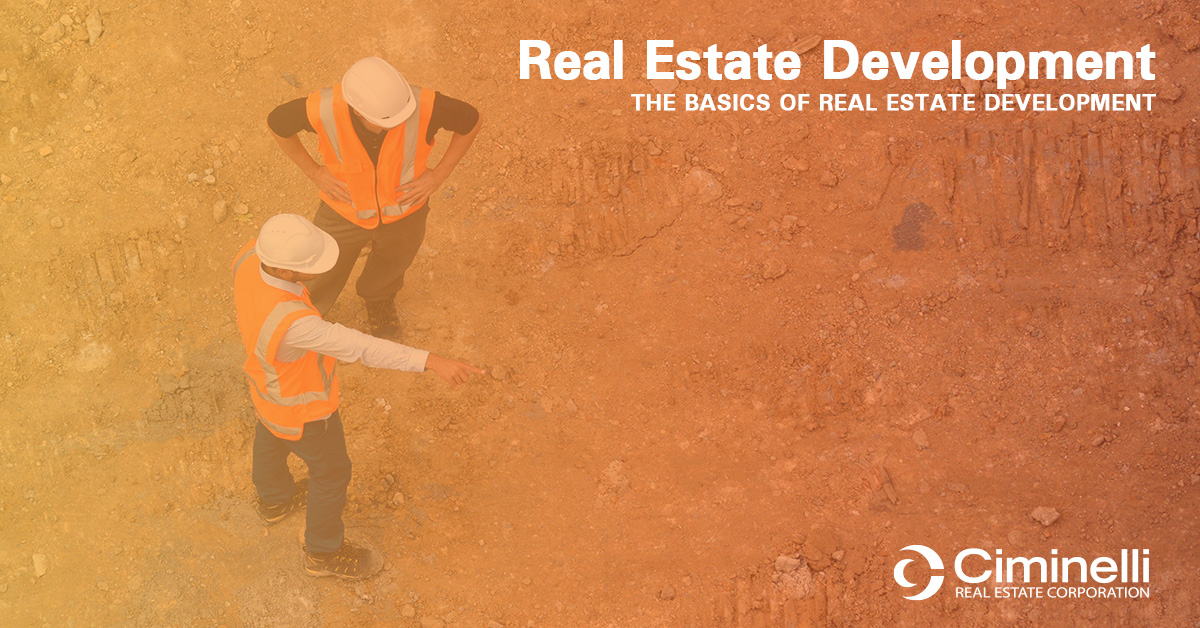
Real estate development is a multi-faceted discipline that requires careful planning, strategic thinking, and a deep understanding of the market. It involves the acquisition, financing, and construction or renovation of properties with the goal of creating value. Successful real estate development projects can enhance communities and be profitable, but they require a thoughtful combination of key ingredients.
Location
To embark on a successful real estate development project, it helps to understand the key factors that contribute to its success. One such factor is location. Choosing the right location is paramount as it determines the demand, potential appreciation, and overall success of the project. Additionally, understanding the target market and its needs is essential. Conducting thorough market research helps identify trends, preferences, and gaps in the market, enabling developers to refine their projects to meet the demands of potential buyers or tenants.
Timing
Another critical factor is timing. Real estate markets are dynamic, and timing plays a pivotal role in the success of a development project. By keeping a finger on the pulse of the market and recognizing when it is ripe for investment or development, developers can maximize the likelihood of success.
Feasibility
Having a clear vision and unique value proposition for the project sets it apart from competitors and attracts potential buyers or tenants. This point goes far beyond the basics of process and requires an ability to be creative and forward thinking while identifying the very real financial condition of the project. Before embarking on a real estate development project, conducting a feasibility study to assess the financial viability of the project by analyzing factors such as construction costs, potential sales or rental income, and projected return on investment is important. By understanding the market demand, competition, and potential profitability, developers can make informed choices and mitigate risks associated with the project.
Developing a Solid Business Plan
A business plan is the blueprint for a successful real estate development project. The plan identifies goals, strategies, and finances related to the project, and creates a path to execution. Supporting information should include a comprehensive market analysis, detailed project description, marketing and sales strategy, and a financial plan.
Securing Financing for Your Real Estate Development Project
Securing financing is a critical step in the real estate development process. Most development projects require substantial capital, and developers must explore various financing options to fund their projects including banks, private lenders, and equity partners. To secure financing, developers must present a compelling case to lenders or investors. This includes a detailed business plan, financial projections, and a demonstration of their expertise and track record in the industry. Developers may also need to provide collateral and a personal guarantee to mitigate the lender’s risk. Exploring available incentive programs, tax credits, and grants can also support a projects’ financial model.
Assembling a Team of Experts
A successful real estate development project requires a team of experts with diverse skills and working knowledge. This team typically includes architects, engineers, contractors, legal professionals, and marketing specialists. Each member of the team plays a crucial role in the development process, from design and construction to navigating legal and regulatory requirements. Choosing the right team members is essential. A skilled developer will seek professionals with relevant experience and a shared vision for the project. Seasoned developers will also engage the surrounding community as part of the team, helping ensure a project is part of the fabric of its surroundings. Effective communication and collaboration among team members are key to ensuring smooth execution.
Navigating the Regulatory and Legal Aspects of Real Estate Development
Real estate development is subject to a myriad of regulatory and legal requirements. Navigating these aspects successfully is crucial to success. Proposed projects must comply with municipal zoning regulations and building codes, environmental regulations, and other legal requirements. Engaging attorneys that focus on real estate law can be invaluable as your project moves through this stage of the development process. They can provide guidance on legal compliance, help secure necessary permits and approvals, and protect developers from potential legal pitfalls.
Implementing Effective Project Management Strategies
Effective project management is crucial for the successful execution of a real estate development project. Developers must establish clear goals, timelines, and budgets for the project, and ensure efficient coordination among team members. Regular monitoring and reporting of progress, as well as proactive problem-solving, are essential to keep the project on track. Utilizing project management software and tools can streamline communication, document sharing, and task management. These tools enhance collaboration and enable real-time tracking of project milestones, ensuring timely completion and minimizing delays.
Conclusion
Successful real estate development projects are the result of careful planning, meticulous execution, and a deep understanding of the market. By understanding the key factors for success, conducting thorough market research, developing a solid business plan, securing financing, assembling a team of experts, navigating legal and regulatory requirements, and implementing effective project management strategies, developers can realize the full potential of their real estate development projects.
